11 Common Money Traps & Mistakes That Cost You in the Long Run

I consider myself competent with money. In the past seven years, I have gone from a negative net worth of about $33,000 to almost $100,000 positive net worth. Some of my success I can attribute to avoiding common money traps that people fall into, so let’s chat about those today.
1. Not budgeting
With the advent of debit and credit cards, we started living paycheck to paycheck, not knowing where our money was coming from or going to, and never saving for the future. I encourage you to start a budget and keep track of what you earn and spend.
2. Co-signing a loan
Co-signing a loan is another money mistake to avoid. When banks require a co-signer, it's because they don't have faith in the person they're loaning money to. When you co-sign a loan, you put yourself on the hook for that money. If the person who's borrowing it can't pay it back, the bank will come after you. It could also ruin your relationship with the person taking out the loan. If you cannot afford to take on that entire debt, do not co-sign a loan.
3. Not saving for retirement
In my first job I made one of my biggest money mistakes: I refused to participate in the 401K because I didn't know what it was, so I missed out on the compound interest that would have accrued. Educate yourself about retirement and start saving now. Even if it's a small amount each week, the compound interest on that is going to grow exponentially.
4. Not talking about money
Allowing a culture in your relationships where money is never spoken about, is detrimental. Had I spoken with my parents when I was a kid, I would have understood that they couldn't help me with college, and instead of taking out loans, I would have applied for scholarships.
If you are young, talk to your family about money. If you and your parents are older, talk with them about how they're going to handle their retirement. Talking to your partner about money is also incredibly important. Money fights are the number one cause of divorce. Talk to your children about money and teach them about the importance of saving.
5. Not having an emergency fund
The most important thing you should do is have an emergency fund, even if it's just $1,000. Life happens and there will come a time when you'll need to tap into that money. It could be the difference between a crazy level of life-altering stress and "I have the money for it."
6. Not having a plan for your money
Occasionally there will be windfalls, and if you don't have plans in place for your money, they will just disappear without you knowing where the money went. Therefore, it's better to set money goals, like saving up for a house down payment, paying off debt, and saving an emergency fund. If you don't set goals for your money, you'll never achieve them.
7. Tapping into your 401k
Retirement funds are meant for retirement use only, so tapping into them or withdrawing your 401K is not advised because you are going to be taxed heavily. You'll have to pay an early withdrawal tax, and then you'll be taxed on that withdrawal. If you borrow from your 401K, you'll have to repay it. Pretend the money doesn't exist; you're going to need that at retirement.
8. Carrying a balance of credit cards
Avoid credit cards if you know you overspend on them. If you pay everything with debit, that's fine, you'll keep your credit score up in other ways. Credit cards are great if you know how to use them responsibly, but when you carry a balance month to month and pay interest on that money, you have lost every single benefit. Unless you are paying it off in full monthly and treating it like a debit card, then it’s a huge money mistake.
9. Spending more than you make
Unless you establish a budget and know how much you're earning and spending, you'll likely create a deficit on your credit cards, which might prohibit you from paying them off in full. Someone who makes $100,000 a year but spends $120,000 is in a terrible financial position however, someone earning $40,000 and only spending $30, 000 is much better off. If you are spending more than you make, you need to either bring in more income or reduce some expenses because that is not sustainable.
10. Retirement match
If your employer offers a retirement match, take advantage of it, it’s free money! For example, if your employer offers a 100% match up to 3%, the 3% you're putting in will be doubled by them. You're immediately getting a 100% return on your money and then you're making money off it once it's invested.
11. Buying a new car
A new car is one of the worst investments you can make, as it loses so much of its value the moment you drive off the lot. You can purchase used cars in wonderful conditions and save a lot of money. When you finance a car, you owe more than the car is worth since you cannot sell the car and pay off your loan. If it's possible to buy your car with cash, do it.
I would also advise you not to trade in your car every couple of years as you could end up with huge debt. Generally, people fold their old car's payment into the loan; this leads them to have a huge payment and debt for cars they don't even own. Leasing is the exact same thing unless your employer pays the lease for you.
12. Bonus tip: paying fees
Let’s end with a bonus tip, paying bank fees, late fees, or overdraft fees. These money traps are avoidable. There is no need to bank somewhere where they ask you for monthly fees to bank there, they are using your money to achieve wealth and charging you for the pleasure. There are plenty of high-yield savings and checking accounts, to choose from and online banking is easy. There are also free ATMs that I use to get money if I need it.
Other common money traps
Those are my worst money mistakes to avoid. I would love to know if you've ever made any of these because I certainly have! Let me know any other common money traps in the comments below.
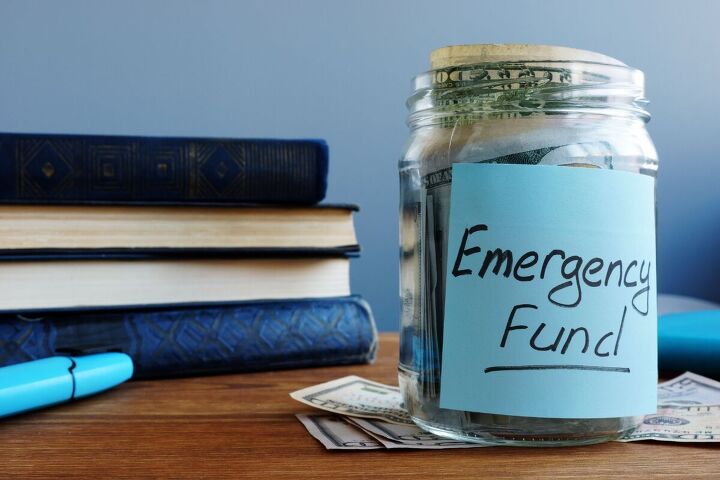







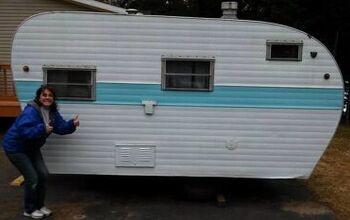


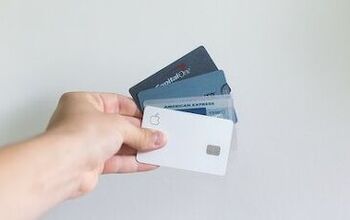






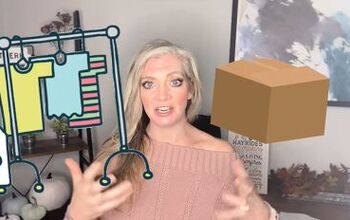

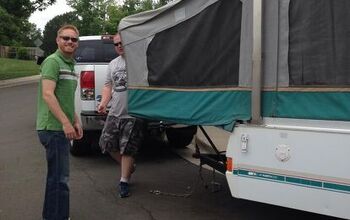
Comments
Join the conversation
To increase my savings, I “pay” full price. If my groceries are $78.86 but due to sales or coupons would have been $83.46, I put $4.40 into savings.
I also put all change into my piggy bank - rounded up my sales cost to nearest dollar. When there is enough, I roll it and take it to the bank.
I have the bank transfer money in a special savings account every month. I use that money to pay my car and home owners insurance yearly. My insurance company charges a $7 a month fee per insurance. That saves me $14 a month. Not a lot of money until I multiply it times 12. That extra money goes into my regular savings account.